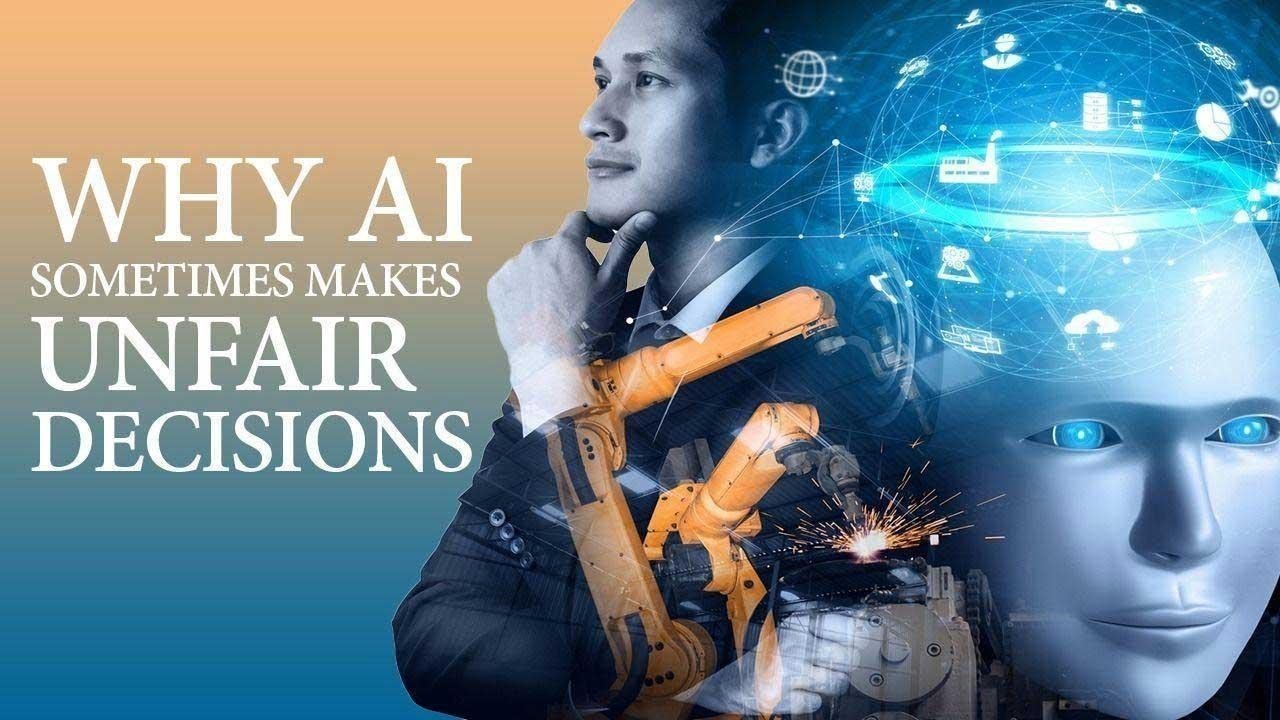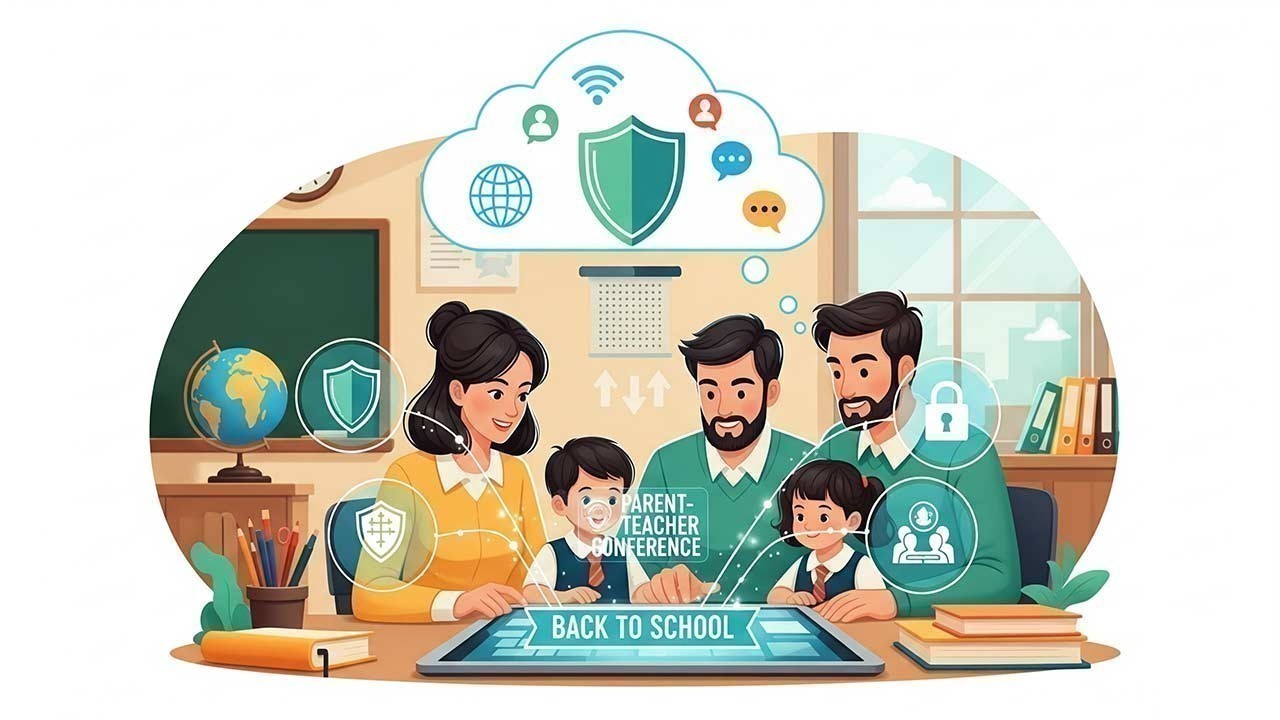
Author : Mukesh Kumar
Artificial Intelligence (AI) is quickly becoming a part of our everyday lives. It’s used to recommend what we watch, decide which ads we see, help companies hire people, and even assist doctors in diagnosing patients. But while AI has many benefits, it doesn’t always make fair decisions. In fact, AI systems can sometimes show bias, leading to outcomes that are unfair, discriminatory, or harmful.
Why does this happen? Let’s explore the reasons behind AI's unfair behavior, how it impacts real-life situations, and what we can do to fix it.
Artificial Intelligence refers to machines or software systems that are designed to mimic human intelligence. AI can learn from data, recognize patterns, and make decisions. It powers tools like:
Google’s search engine
Amazon’s product recommendations
Netflix’s movie suggestions
Social media content feeds
Automated job screening tools
AI can be extremely efficient, but it doesn’t think for itself. It only works based on the data and rules we give it.
AI learns by analyzing large amounts of data. For example, if you want an AI to recognize images of cats, you train it by feeding it thousands of labeled photos of cats. Over time, it identifies patterns and can predict whether a new image contains a cat.
But this method depends entirely on the quality and fairness of the data. If the data is biased, unbalanced, or incomplete, the AI will also develop those same biases.
This is where things start to go wrong.
Many companies now use AI tools to screen resumes. If an AI system is trained mostly on resumes from men, it may start preferring male candidates, even when women are equally or more qualified.
Studies have shown that some facial recognition systems are significantly more accurate for white male faces than for women or people of color. This is because the training data often contains far more images of white faces than diverse ones.
Banks use AI algorithms to decide who qualifies for a loan. If the historical data used to train the model reflects racial or socioeconomic discrimination, the AI may continue rejecting applicants from those backgrounds—even when they are financially stable.
There are several reasons AI can make unfair decisions:
AI reflects the data it’s trained on. If that data includes human prejudice—such as racism, sexism, or economic bias—the AI will learn and repeat it.
If an AI is tested only on a small or specific group (e.g., one ethnicity, region, or gender), it may not perform accurately for other groups.
Some organizations rely too heavily on AI systems and fail to manually check the results. This lack of human review allows unfair decisions to go unnoticed or uncorrected.
Many AI systems are not transparent. Users and even developers may not fully understand how a decision was made. This makes it hard to detect or fix bias.
There are several ways to improve AI systems and ensure they make fair and equal decisions:
AI should be trained on data that represents people from different races, genders, regions, and economic backgrounds. This helps reduce bias in its decisions.
Humans should always be involved in reviewing AI decisions, especially in sensitive areas like hiring, law enforcement, finance, or healthcare.
Before AI tools are widely used, they should be tested across diverse groups to ensure the system works fairly for everyone—not just a small segment of the population.
We need "explainable AI"—systems that can explain how they made a decision. This helps organizations detect unfair outcomes and correct them quickly.
AI is not just about technology—it affects real lives. If AI systems deny someone a loan, reject a job application, or misidentify a face, the consequences can be serious. And because AI is expanding into areas like criminal justice, immigration, and healthcare, the risks of unfairness are even higher.
As AI becomes more powerful, we must ensure it’s fair, ethical, and accountable. Everyone—from developers and companies to governments and everyday users—has a role to play in making that happen.
Artificial Intelligence has the potential to transform industries and improve our lives in many ways. But with great power comes great responsibility. If AI is trained on biased data and left unchecked, it can reinforce inequality and create new forms of discrimination.
To prevent this, we need to build better systems—with diverse data, human oversight, fairness testing, and transparency. By doing so, we can make sure AI works for everyone, not just a privileged few.
Unfair AI decisions are not just a technical flaw—they are a human issue. And we must treat them that way.
The views, examples, and information presented in this article are intended for general awareness and educational purposes only. DXB News Network does not endorse any specific technology, company, or product mentioned. While every effort has been made to ensure accuracy, AI technology is rapidly evolving, and readers are encouraged to consult experts or conduct independent research for deeper understanding.

Everyday Wellness: Small Changes That Make a Big Difference
Discover simple daily habits that boost your health, happiness, and energy, proving small changes tr

Thrive Naturally: Strategies for Mental, Physical, and Emotional Health
Discover holistic ways to boost your mental, physical, and emotional health naturally, fostering bal

Mind, Body, Soul: Holistic Approaches to Modern Wellness
Explore holistic approaches to modern wellness, balancing mind, body, and soul for a healthier, happ

The Wellness Journey: Daily Habits to Boost Energy and Happiness
Discover daily wellness habits that boost energy, enhance happiness, and improve your overall well-b

Path to Balance: Simple Wellness Tips for a Healthier Mind and Body
Discover simple wellness tips to achieve a healthier mind and body, balance your life, and boost ene

Colombian Court Orders Meta to Revise Instagram Policies
Colombia's top court rules Meta violated free speech, orders changes to Instagram policies, letting

Elon Musk’s xAI Lays Off 500 Staff, Focuses on Specialist AI Tutors
xAI lays off 500 generalist AI tutors, shifting focus to specialist AI tutors. Staff receive pay unt

Back to School The Ultimate Parent s Guide to Keeping Kids Safe Online
Learn practical tips for parents to keep children safe online during the school year from cyberbull

Key Challenges Ahead in 2025 How the World Can Navigate an Uncertain Future
Discover the key challenges ahead in 2025 from economy and technology to climate and learn how to

The Art of Slow Living How to Find Peace and Balance in a Fast Paced World
Discover slow living to reduce stress enjoy small moments and bring balance peace and happiness i

Decoding the Coffee Culture How Third Wave Cafés Are Changing the Way the World Drinks Coffee
Discover how third wave cafés are redefining coffee culture with craft taste and stories that conn

Sustainable Style How Smart Choices Are Transforming Your Wardrobe
Discover how conscious fashion choices and sustainable style are reshaping wardrobes for a greener

DIY Dining at Home Turn Your Kitchen into a Fun and Creative Restaurant Experience
Discover DIY dining at home Create fun healthy and creative meals while turning your kitchen into

Dubai s Themed Restaurants Immersive Dining Experiences That Are More Than Just a Meal
Explore Dubai s themed restaurants where food fun and immersive experiences come together for unfo

A Culinary Journey Through Old Dubai Discover Hidden Gems & Authentic Street Food
Explore Old Dubai s hidden food gems street flavors and traditional dishes for an authentic culina